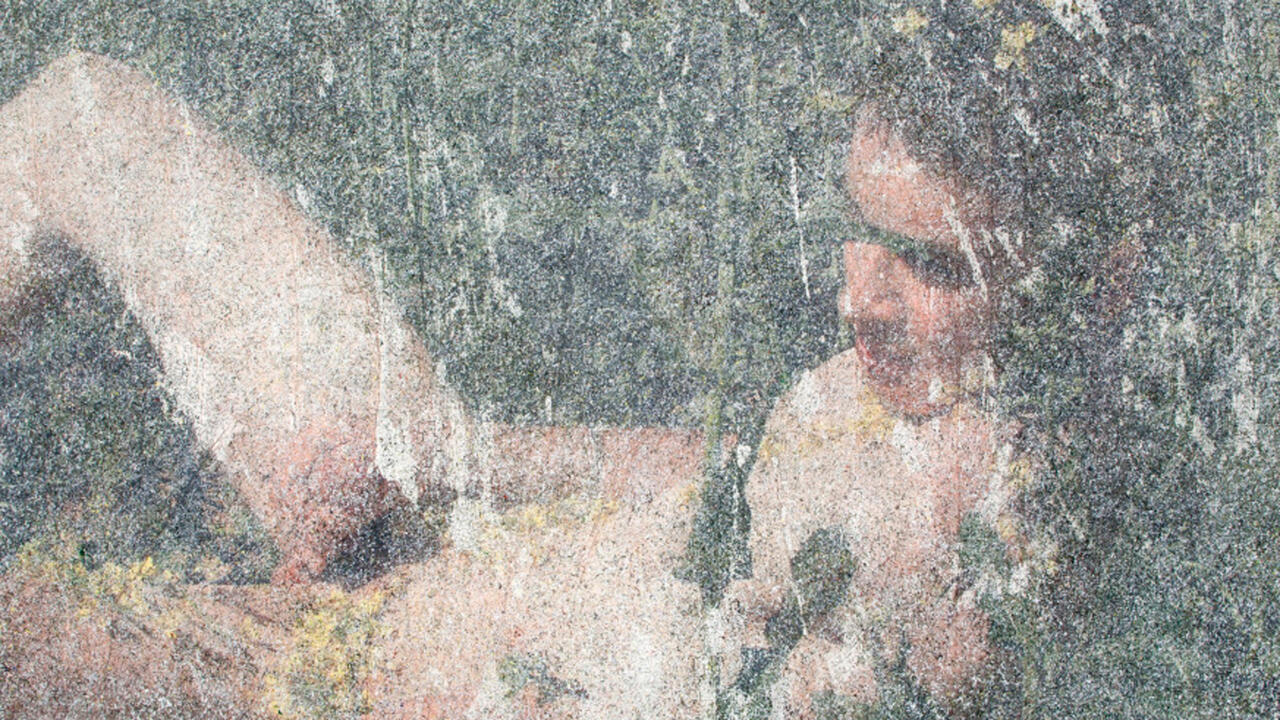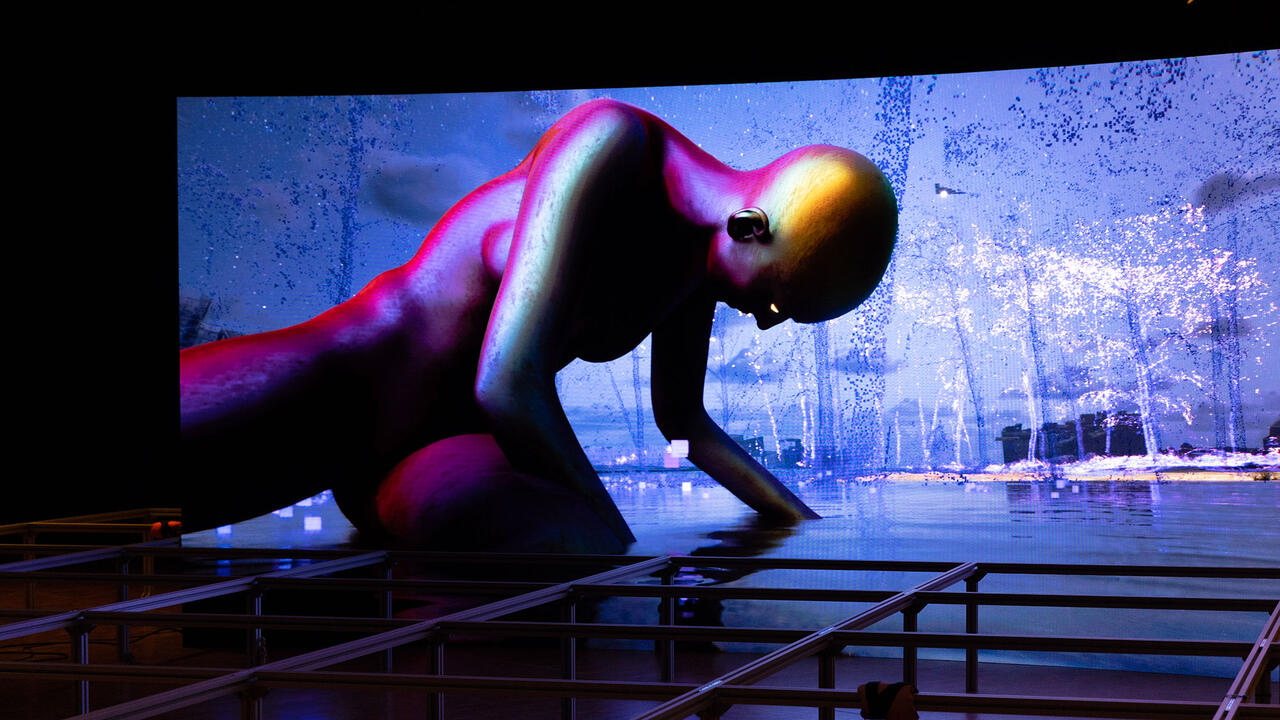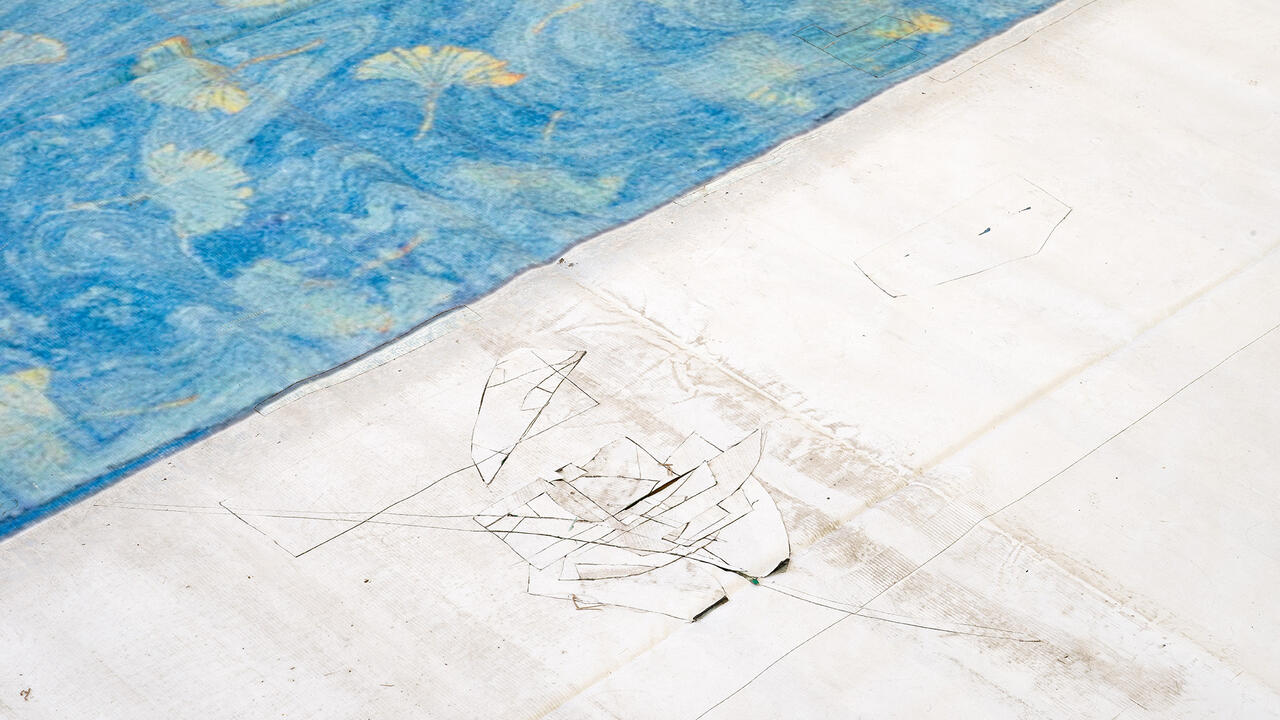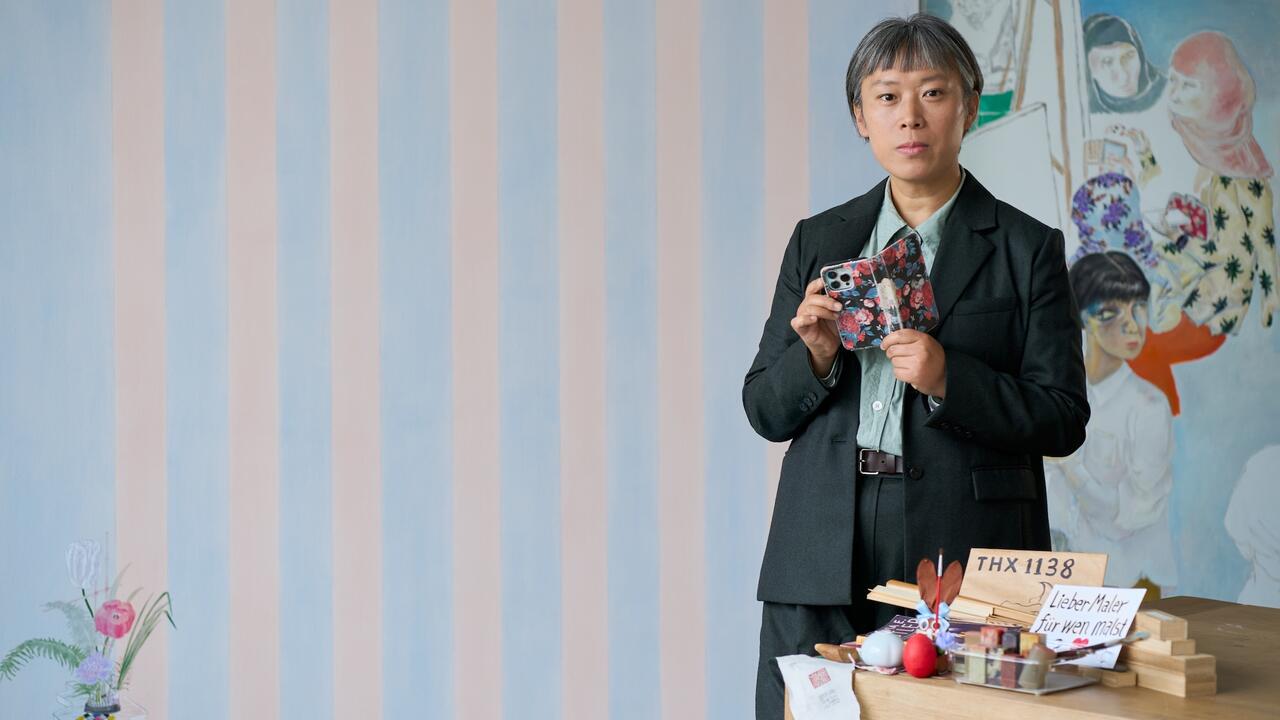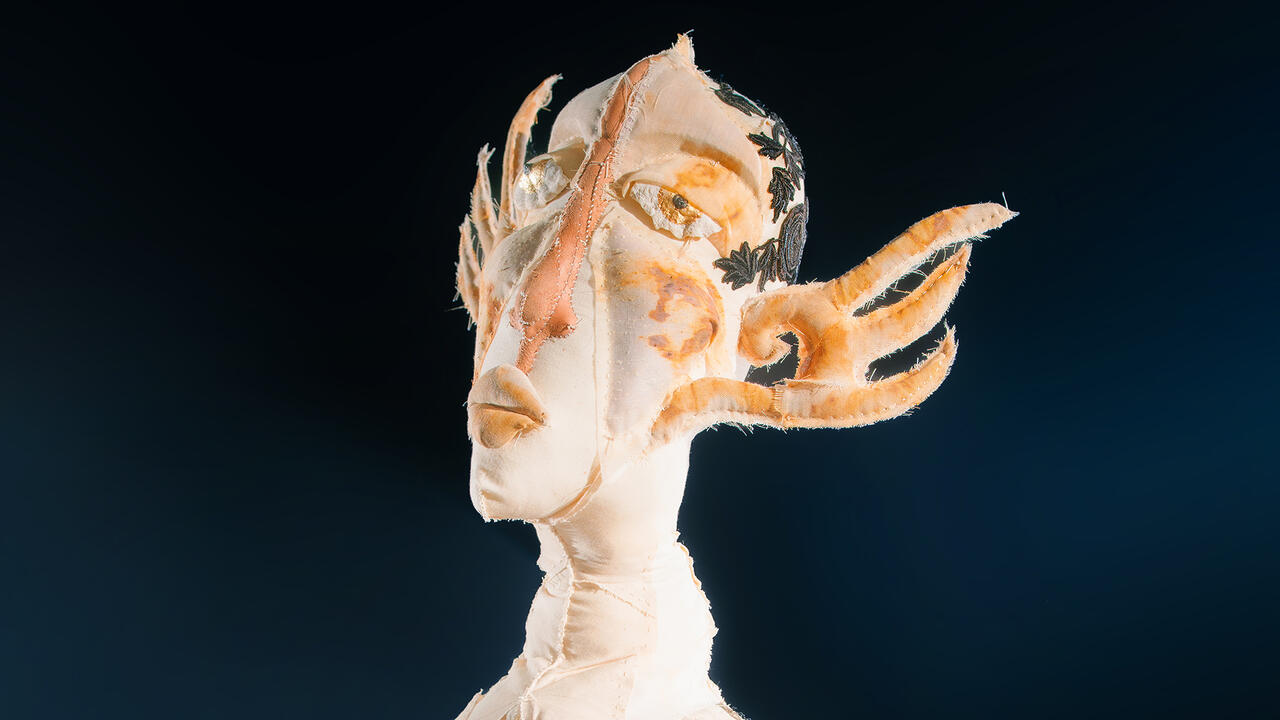The Portuguese Nun
French director Eugène Green talks about his first film to be released in the UK
French director Eugène Green talks about his first film to be released in the UK

‘The energy that Lisbon gives us is life itself.’ That initially curious notion is voiced by Julie de Hauranne, the protagonist of Eugène Green’s fourth and latest feature, The Portuguese Nun, but the film bears out her statement in several ways. A French actress of Portuguese descent, Julie (played by Manoel de Oliveira regular Leonor Baldaque) arrives in the so-called white city, which she’s never before visited, to play the role of a nun distraught at being abandoned by her soldier lover, in an art film inspired by a 17th-century French text, The Portuguese Letters. Julie, we learn, is herself recovering from a series of brief, unsatisfactory love affairs. During downtime from filming she wanders through Lisbon, which starts to casts its spell through several strange encounters, some wrenching fado (melancholic Portuguese folk music), and – most poignantly – an encounter with a young nun she discovers praying each night in a chapel near her hotel.
Green constructs the film as a series of mirror images, in each case provoking a sense of mystical merging – between Julie and the two other nuns in the film, but also between Julie and Lisbon itself. ‘In some ways the city already exists in Julie by means of her familiarity with the Portuguese language’, the director observes. ‘And the slow panoramic shots of the city are to make the audience feel the presence of the city, and the fact that while Julie is riding in a taxi towards the hotel at the beginning, the city is also moving towards her, is entering into her’.

Eugène Green, 2010
All of which evokes a sense of Julie meeting her destiny, a central concept in Green’s work, and one he shares with his protagonist in this case. The New York-born director’s previous three features – Toutes Les Nuits (2001), Le Monde Vivant (2003) and Le pont des Arts (2004), all superb – were shot in France, where he’s lived for over 40 years. But when French money temporarily dried up and the opportunity arose to shoot in Lisbon with a sympathetic Portuguese producer, Green didn’t hesitate. He’d long nurtured an affinity for the city and the Portuguese language even before visiting Portugal. ‘It’s the only city in western Europe where you find all social classes living in the centre’, Green explains. ‘And there’s something you feel there – another time, a past – but it’s also a city of contemporary creation; the Portuguese cinema is perhaps the most dynamic and adventurous and interesting in Europe right now. For me Lisbon inhabits a real present, which contains the past as a living thing. In other western capitals, the past is embalmed in museums.’
That sense of the past emerges variously in The Portuguese Nun, through myth, religion, the film within a film, but most compellingly through fado. Green managed to persuade its two greatest contemporary practitioners, Camané and Aldina Duarte, to perform in two key scenes. The director is, however, at pains to emphasize that fado, and the feeling of ‘saudade’ (yearning) it channels, is not simply backward-looking and nostalgic. ‘Fado represents what is most essential in Portuguese culture: the meeting in the present of memory and desire, of past and future, simultaneously a source of a majestic sadness and a creative energy.’
That word energy again. This is arguably the key to understanding Green’s complex philosophy and aesthetics of cinema, which draw on unlikely sources such as neo-Platonism, Christian mysticism and Baroque ideas about the construction of the universe, amongst numerous other elements. This whole system is fully articulated in the two books Green has written (Présences: Essai sur la nature du cinema, 2003, and Poétique du cinématographe, 2009), available only in French (Green is also a highly regarded novelist and poet in France). Fundamental to cinema for Green is its potential to make hidden energies visible, whether in the material world of objects, or through his actors’ non-naturalistic performances.
Nevertheless, it’s not difficult to see where opposition to Green’s metaphysical preoccupations and unapologetically spiritual cinema would arise, unmitigated even by his regular flashes of wit and satire (naming an unseen character in one of his earlier films ‘the Lacanian Witch’ gives some idea of where battle-lines are drawn). In his native France especially, Green’s films have divided audiences like few others of late, one of the key issues being whether Green’s stylizations entail a retreat from, or movement towards, the world. For me, it’s undoubtedly the latter; Green’s formal effects are radical by the standards of today’s cinema, and produce subtle, sometimes overwhelming responses. They always grow from the desire to get at a ‘truth’ previously concealed by who knows what forces (‘reason’ for one, which more often than not gets a good kicking in Green’s work, or the naturalized orthodoxies of film language). Green’s films usually stir up furious debate, so it’ll be fascinating to see if The Portuguese Nun, his first film to be released in the UK, follows suit. One thing’s for certain, there’s no-one out there doing anything remotely similar. Green is one of the most unique, mysterious talents in contemporary cinema, and – to allude to Quentin Tarantino, a director as far removed from Green as it’s possible to imagine – The Portuguese Nun might just be his masterpiece. The Portuguese Nun opens at the ICA on 21 January for a series of nine screenings, after which it will tour other UK cities.


